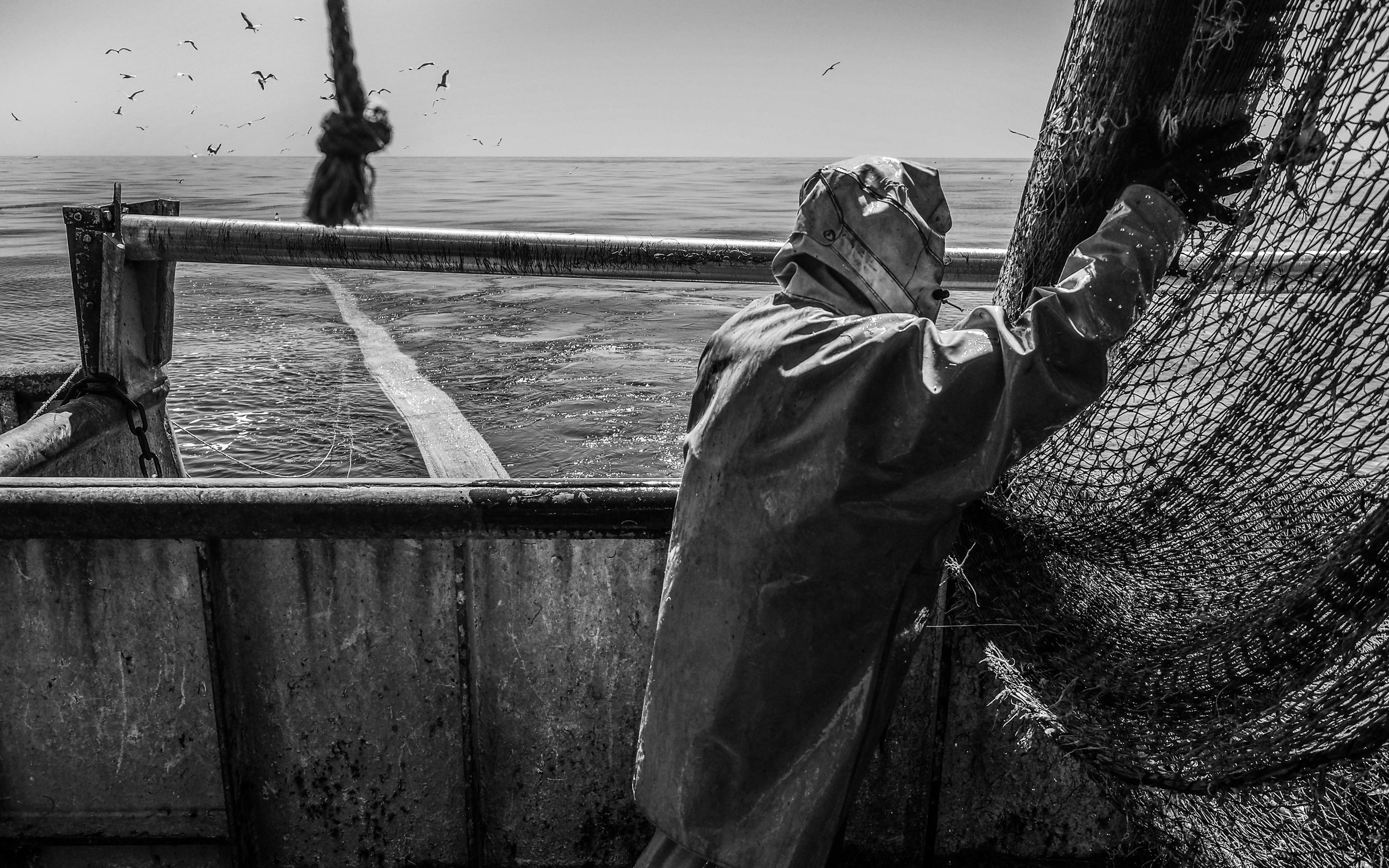“When discussing about climate change, fishers are not the problem, they are part of the solution and you must all do a better job at respecting and protecting their rights,” said Mr. Michael Fakhri, UN Special Rapporteur (UNSR) on the Right to Food, to the representatives of the world’s governments at the UN Human Rights Council.
The UNHRC gathered in Geneva for its 55th session and held an interactive dialogue with Mr. Fakhri to discuss his latest report on Fisheries and the Right to Food in the context of climate change. This report focuses exclusively on the rights of small-scale fishers (SSF), fish workers and indigenous peoples and addresses many of the global trends in fisheries and in other sectors which have an impact on their human rights.
Mr. Fakhri insisted that hunger and malnutrition “are not caused by a lack of food” and therefore are “not a production problem.” He pointed at political breakdowns and institutional weaknesses, and remarked that in the context of the “existential threat” climate change poses, SSF are the ones who can adapt and feed the world. “Science can only help us partially: ultimately adapting is an issue of political, social and cultural choices that you must make, as well as economic and ecological.” He continued that “the problem at hand is not so much an economic or scientific problem,” although he said these mattered, “the problem is that SSF are too often marginalized, harassed and targeted by states and corporations.”
“When facing climate change, science can help us thus far, but ultimately it is about political, social and cultural choices that need to be made, on top of economic and ecological””
For this, the Special Rapporteur briefly described SSF and remarked that the “small is context specific” and that governments need to define SSF in a transparent, participatory way and with a human-rights based approach: “It is not only a technical question: fishing is a way of life and a livelihood […], it gives meaning and value in daily life” to millions of people. He pointed then at people’s cultural rights and the social value fisheries add to coastal communities.
During the interactive dialogue, the representative of Cameroon remarked about the importance of access to resources, land, and water for SSF’s “capacity to exercise the right to food.” Togo’s representative also noted that “SSF find it increasingly difficult to conduct their activities” because of large-scale industrial vessels’ competition. In this regard, Mr. Fakhri added that choices by governments when facing climate change need to consider aspects such as “the territorial use rights for fishing, locally-managed marine areas and marine tenure.” For him, the solutions are already at hand: listen to the fishers, who are the best placed to adapt to climate change and implement the legal tools already available. He called governments to recognize the rights of SSF by: (1) fully implementing the Guidelines to Secure SSF in the context of food security and poverty eradication, and if need be ask for guidance to FAO, (2) protecting indigenous peoples’ rights and upholding their right to free, prior and informed consent (FPIC), and finally by (3) respecting and protecting the right of SSF to dignified work by ratifying and implementing at national level conventions such as ILO C188 on work in fishing.
Other issues addressed in the report: aquaculture and the financialization of ocean conservation
A large section of Mr Fakhri report concerns aquaculture where he recommends states to “exercise great caution”. He distinguishes between artisanal and industrial aquaculture, the latter requiring more stringent regulation. “When aquaculture is proposed as a solution, it is in response to increased consumption rates,” he implicitly criticises FAO’s Blue Transformation approach, and he points at the “great risks associated with aquaculture,” especially with those “species that require feed products harvested from wild fish stock” adding pressure on already declining wild fish stocks.
In the following section of the report, Mr. Fakhri also addresses the risks posed by the financialization of the oceans, which is causing “greater degrees of inequality and opaque governance, and raises significant risks of human rights violations, especially for coastal communities.” In this regard, he takes the example of debt-for-ocean swaps, the little benefit they bring while posing questions of lack of transparency and accountability, and risks to states’ sovereignty. For the UN Special Rapporteur, “ultimately, it is impossible to separate aquatic conservation from human rights.”
Banner photo: Mr. Fakhri responded to questions by delegations’ representatives during the interactive dialogue at the 55th session of the UN Human Rights Council on 7 March 2024.







In a joint contribution to an open call for civil society organisations, CFFA and CAOPA raise the alarm about the challenges for small-scale fishers to take part in decision-making processes of international ocean governance and ask for a human-rights-based approach.